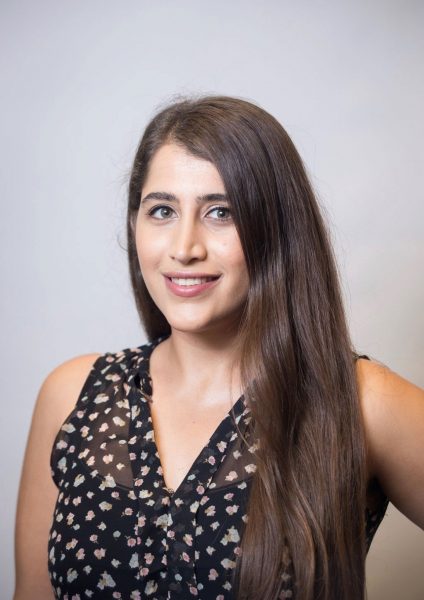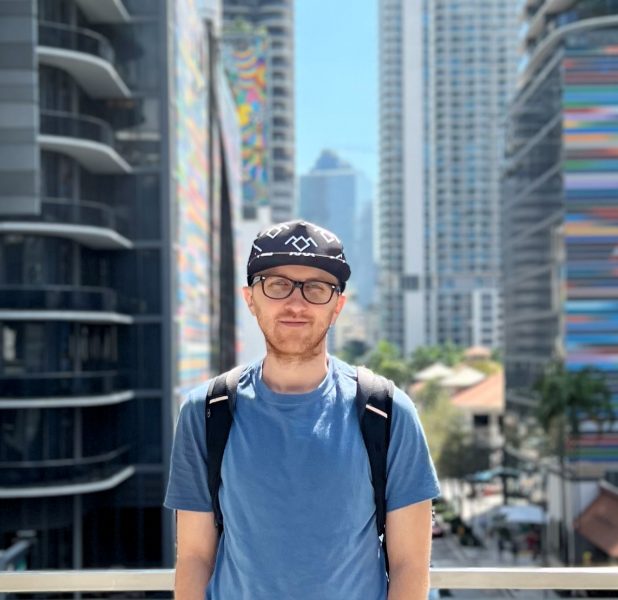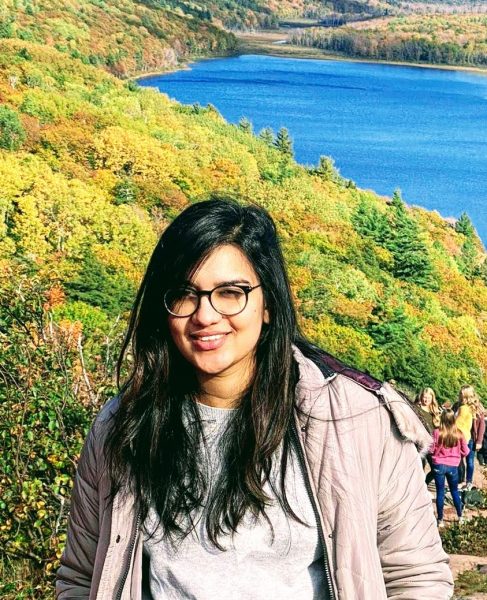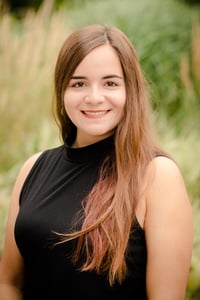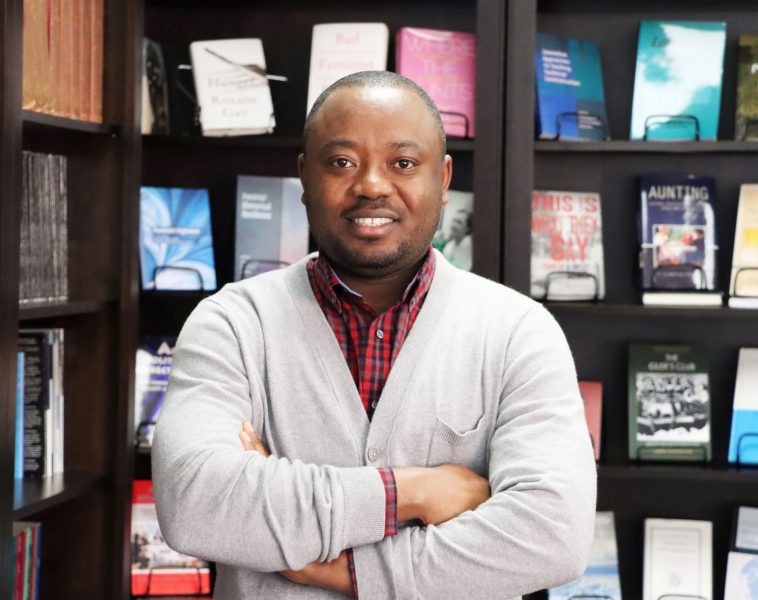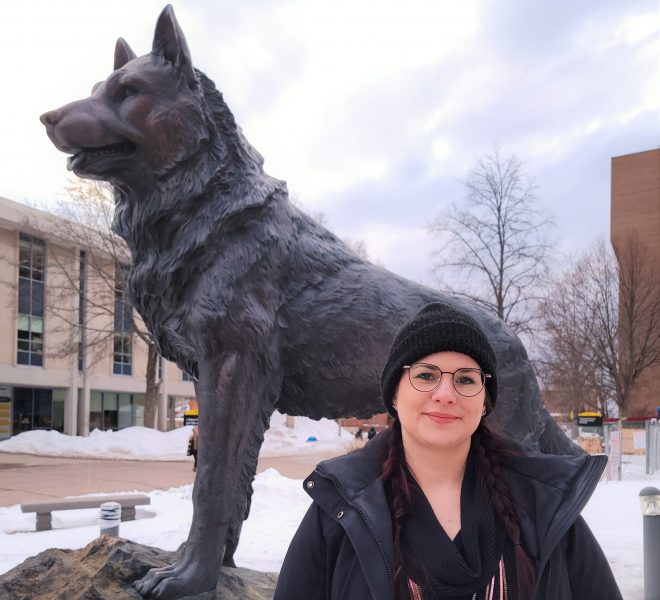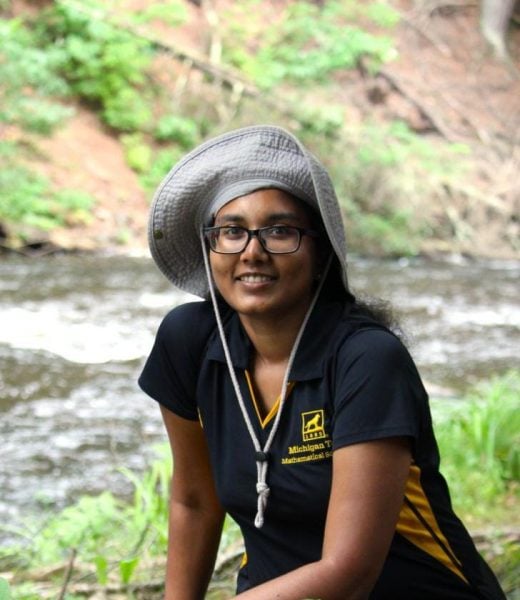Growing up as a teenager, I always wanted to become a person who could help people around the world. I got the opportunity to start my academic life in health research, which brought me closer to what I have always wanted. As a mechanical engineer with a background in biomedical engineering and biomaterials, helping people and sharing the multidimensional point of view of these fields would be a fantastic opportunity to develop solutions for health-related problems worldwide.
I started my PhD in Mechanical Engineering in the Spring of 2020 at Michigan Technological University. Being part of the MTU family has been an exceptional experience for me. I am very fortunate to work in Dr. Abadi’s lab, who has guided me through research and several aspects of life. My research includes four different projects related to cardiovascular diseases and disorders (i.e., those related to the heart and blood vessels). Cardiovascular diseases are the leading cause of mortality worldwide. Nanomaterials, with their unique morphologies and properties, have great potential for advancing cardiovascular engineering to treat diseases and disorders. My research is in three main categories, ranging from tissue engineering to robotics and medical devices.
Despite being far from my hometown, I feel at home in Michigan Tech. I have had several opportunities to participate in different organizations and competitions. This incredible journey will always hold a special place in my heart. I am so glad that I am close to my dream of obtaining a PhD and being able to help people around the world on a small scale in health.
I am grateful to the Graduate School for awarding me this doctoral finishing fellowship; this fellowship means a lot to me and motivates me to work harder to finish my PhD journey! I am thankful to the people who have supported me on my journey.
